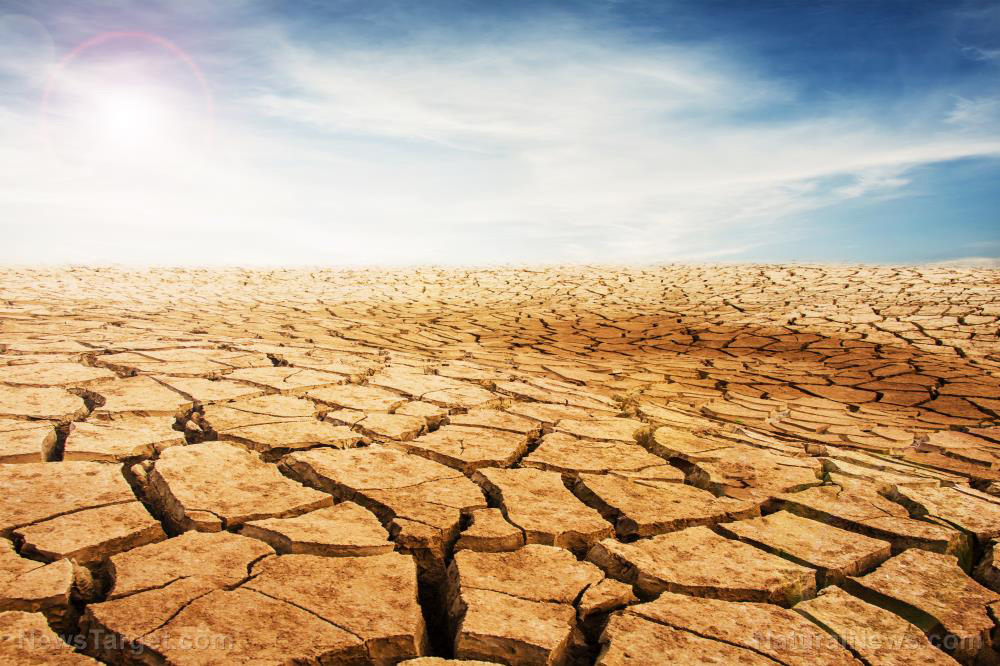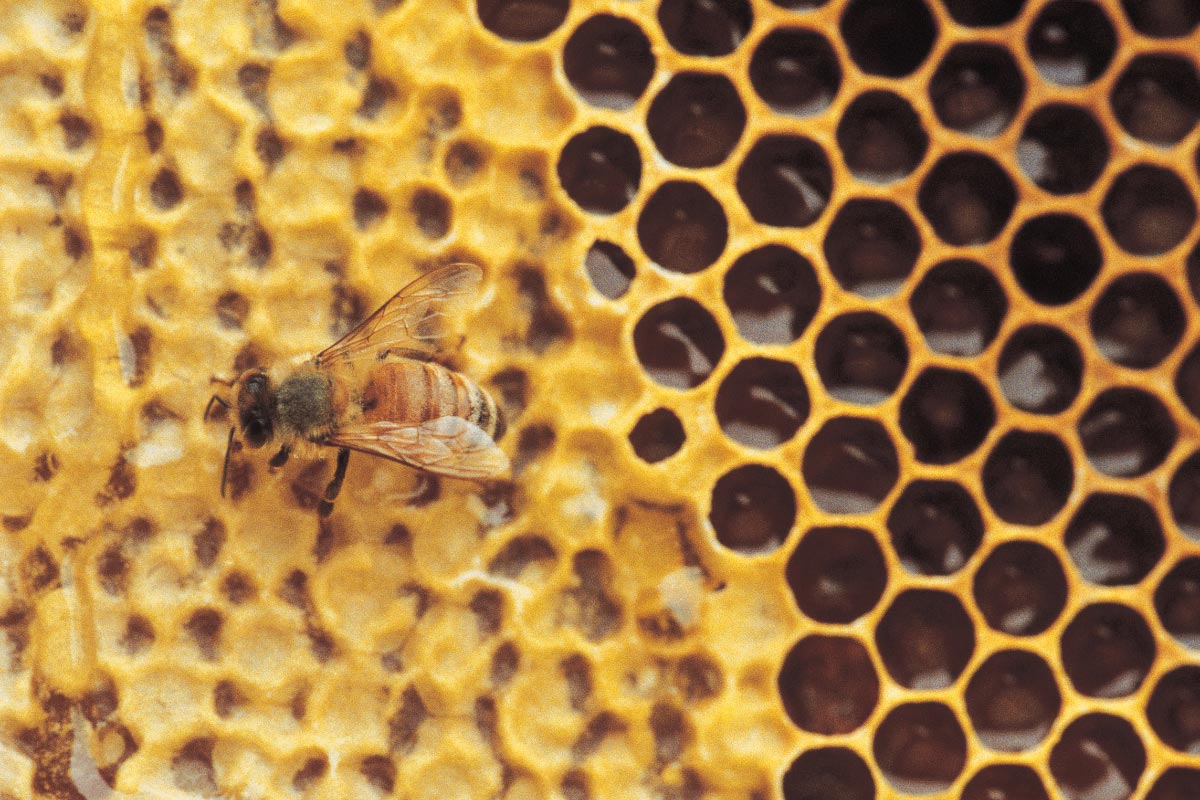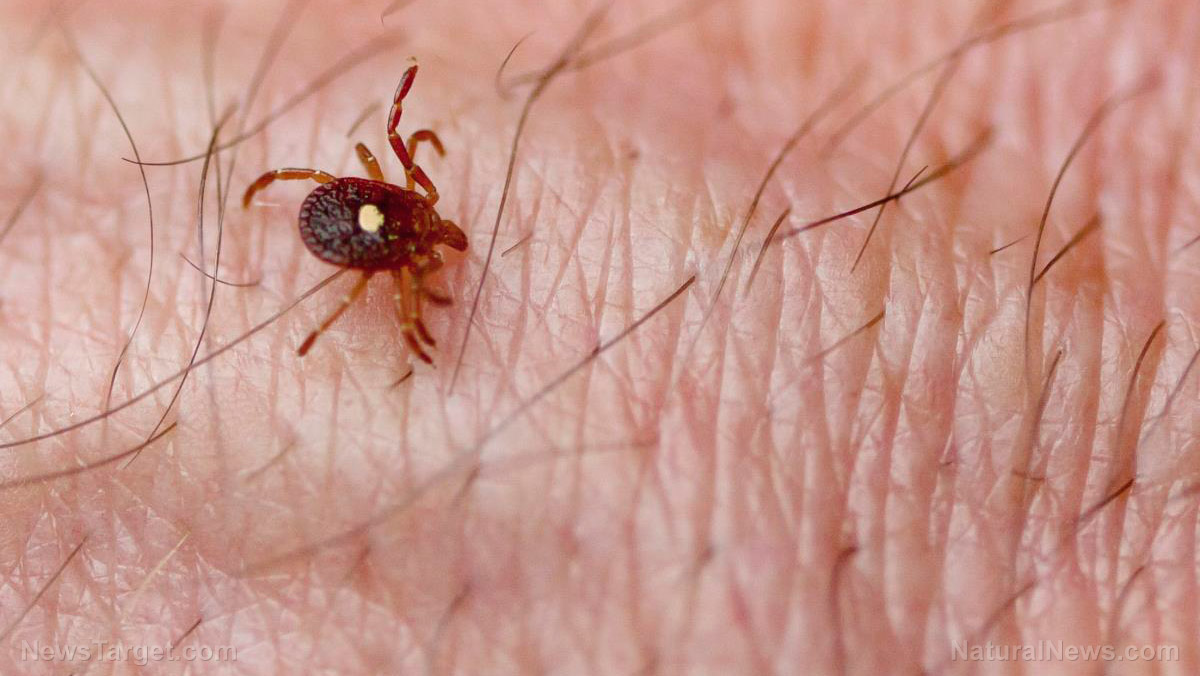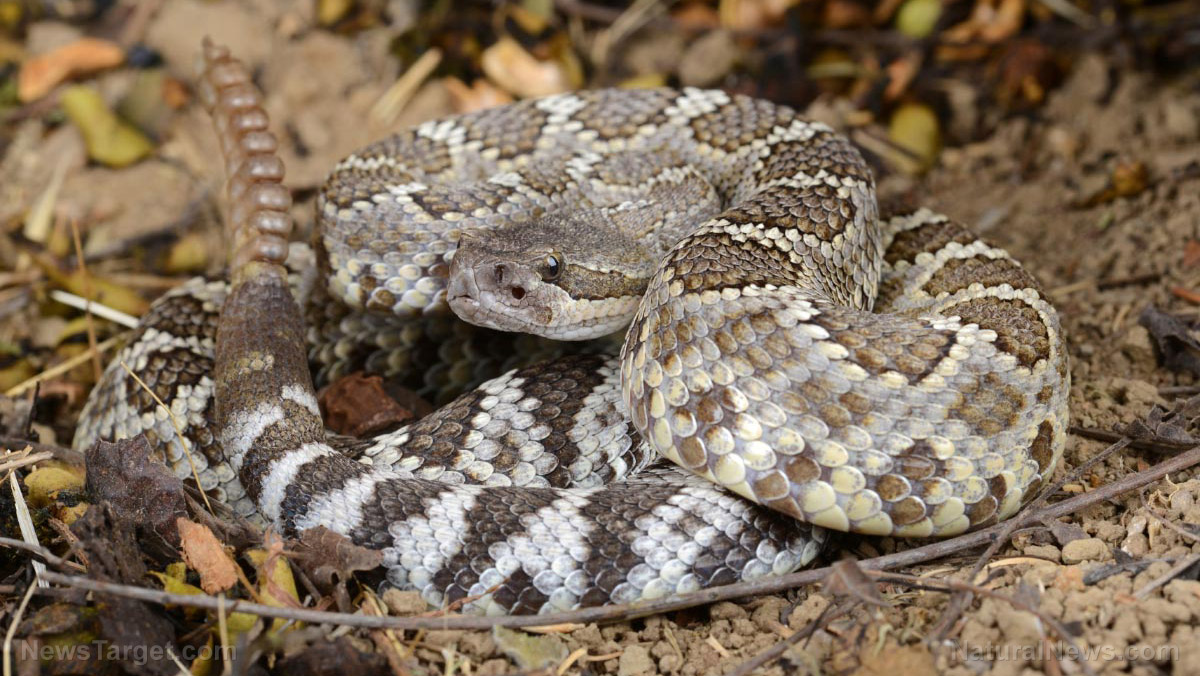Bee aware: About 75% of the world’s food crops rely on bees and other pollinators
05/26/2022 / By Kevin Hughes

Every May 20 of each year, World Bee Day is celebrated to raise awareness about the importance of bees and other pollinating insects for ecological health and human survival.
More than 75 percent of the world’s food crops relies on bees and other pollinators, either completely or in part, as do 90 percent of wild flowering plants. In the past five decades, there has been a 300 percent rise in the number of crops being produced that are reliant on pollination.
Slovenia proposed to the United Nations (UN) General Assembly on December 20, 2017 to proclaim May 20 as World Bee Day. The resolution was the outcome of an initiative started in 2015 by the Slovenian Beekeepers’ Association to create awareness about the significance of bees and other pollinating insects, which are facing extinction due to the wide range of toxic human activities.
May 20 was selected because it coincides with the birthday of Anton Janša, who pioneered modern beekeeping techniques in his native Slovenia in the 18th century and praised the bees “for their ability to work so hard, while needing so little attention.”
There are in fact around 25,000 and 30,000 different species of bees around the world. Some of the most common species are the sweat bees, digger bees, carpenter bees, cuckoo bees and long-horned bees.
Caring for bees, other pollinators part of the fight against world hunger
The UN has said that “caring for bees and other pollinators is part of the fight against world hunger.” It is also critical to maintain and protect biodiversity among bee species to guarantee agricultural resilience.

The Commission on Genetic Resources for Food and Agriculture’s first report on “The State of the World’s Biodiversity for Food and Agriculture” released in April 2019 had warned that biodiversity is decreasing around the world, thus threatening global food production and human survival. The commission is part of the UN’s Food and Agriculture Organization (FAO).
All forms of life, such as animals, plants and microorganisms essential for food, feed, fuel and fibers are also losing diversity.
“Of around 6,000 species of agricultural plants, fewer than 200 contribute to global food production, and just nine of them account for 66 percent of total crop yield. World livestock production is based on approximately 40 animal species, with just a handful providing the vast majority of meat, milk and eggs,” WorldBeeDay.org said.
“The catch quantity is being exceeded for a third of fish stocks, while more than half have reached their limit of sustainability. At the meeting of the FAO Commission on Genetic Resources for Food and Agriculture, the European Region proposed that the results of this report be included in the strategy of biodiversity being drawn up by FAO.”
It also said that countries should respond to the main conclusions of the report by including the findings and content in national policies, legislation, programs and projects in the area of biodiversity in agriculture, forestry and food. It added that this should be in line with their capacities, while there is an urgent need to formulate measures to implement the conclusions from the report.
The website further said the report will be important for discussion on the global framework for biodiversity as part of the Convention on Biological Diversity after 2020 and for achieving the sustainable development goals of Agenda 2030.
Another global assessment report on pollinators, pollination and food production issued by the Intergovernmental Science-Policy Platform on Biodiversity and Ecosystem Services in 2016 found that an estimated 16 percent of the vertebrate pollinators across the globe are threatened by extinction including 30 percent of island species.
Likewise, researchers at the University of New Hampshire warned that there has been a “dramatic decline” of 14 wild bee species required for pollination of apples, blueberries, cranberries and other crops grown in the Northwest. (Related: Wild bees are ESSENTIAL for producing larger and better blueberries)
Utilizing museum data from 1891 through 2016, the researchers examined the predominance of 119 wild bee species that are native to New Hampshire but also widespread across the Northeast and North America as a whole.
Fourteen of the species were discovered to have substantially decreased while eight species have considerably grown. Out of the 14 species that are decreasing, 13 are said to be ground nesters and one is a cavity nester. In general, both decreasing and increasing bee species have been migrating northward over the last 125 years, hinting changes in climate are a driving factor.
Follow Ecology.news for more news about bees and their importance in the ecosystem.
Watch the video below to know why the death of all bees will lead to the demise of humanity.
This video is from the Natural News channel on Brighteon.com.
More related stories:
Putting it bluntly: If all bees die, humanity will soon follow
Deadly pesticides can harm bee populations for generations, study finds
Probiotics found to protect honey bees from toxic effects of pesticides
Amazing study reveals bees can connect symbols to numbers: Insects COMPUTE
Save the bees: The American Bumblebee may become critically endangered, warn researchers
Sources include:
Submit a correction >>
Tagged Under:
This article may contain statements that reflect the opinion of the author




















